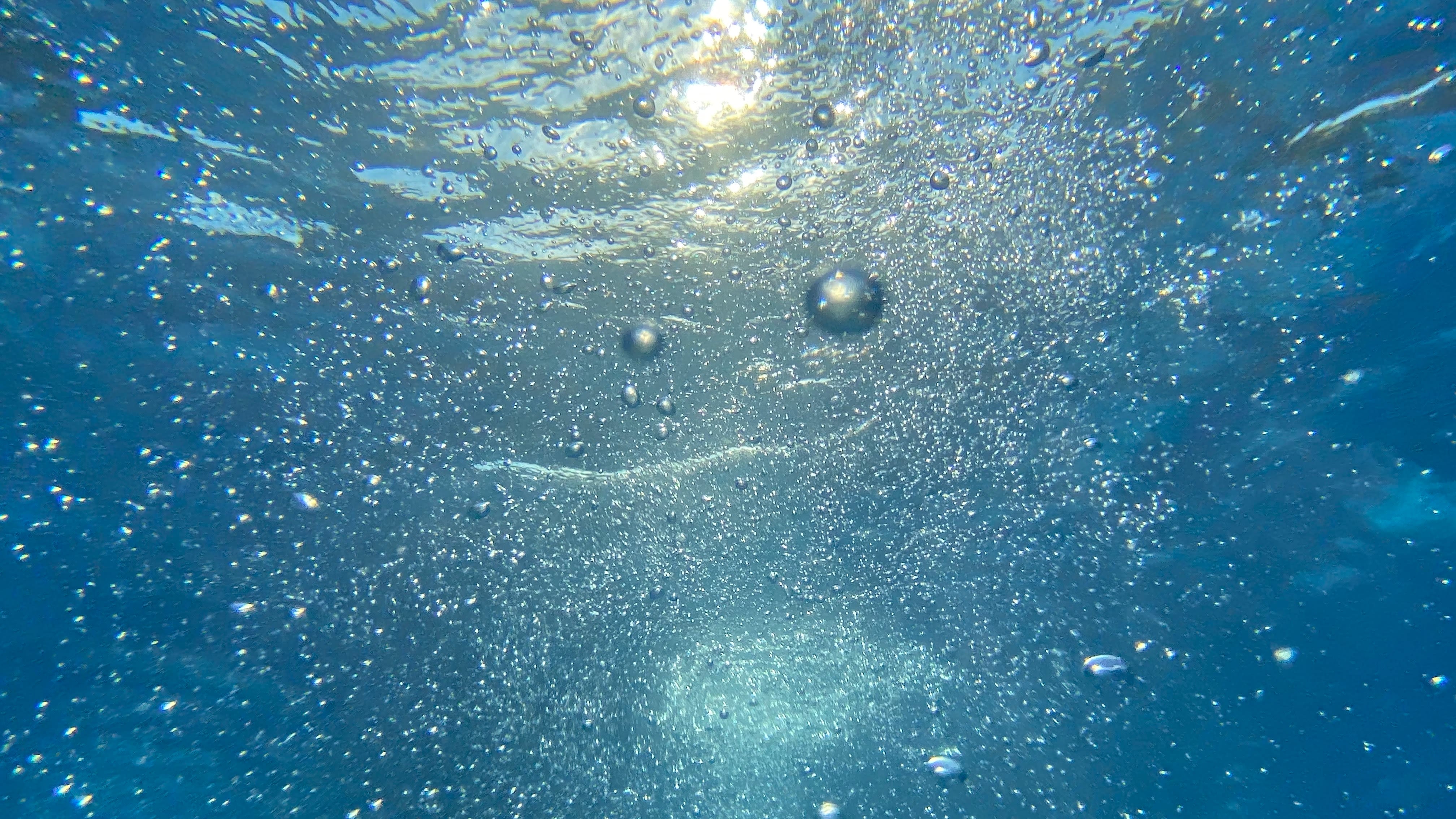Panelists


Michael Templeton
Professor of Public Health Engineering, Imperial College London
Michael R. Templeton is Professor of Public Health Engineering in the Department of Civil and Environmental Engineering at Imperial College London and the Oxfam and Water For People / Royal Academy of Engineering Research Chair in Global Sanitation Technology. He is a Fellow of the Institution of Civil Engineers and has served on strategic advisory groups and technical review panels for the World Health Organization, the UK Research and Innovation Global Challenges Research Fund, the Natural Sciences and Engineering Research Council of Canada, and the Swedish Research Council.
Michael has conducted research and co-authored publications with partners in a number of countries, including Ethiopia, Tanzania, Ghana, Sierra Leone, Côte d'Ivoire, Sénégal, Bénin, India, and Nepal. He is also Co-Chair of Imperial College London's Global Development Hub. He holds a bachelor's degree with honours in engineering science and a PhD in civil-environmental engineering, both from the University of Toronto.

Ruth Sylvester
Researcher, University of Leeds
Ruth's previous studies include a BSc in Chemistry and MSc in International Water and Sanitation Engineering. Before joining the Water-WISER CDT her experience was in the international development sector from working with a few different UK-based NGOs. Ruth has an interest in social and political aspects of water and sanitation provision in low-income contexts. As she learnt more about the body of international literature, it became clear that these aspects of service provision are under-researched globally, not only in low-income settings. Therefore, Ruth's PhD focuses on the provision and of water and sanitation services in her ‘home’ context of the UK.
Water insecurity in high-income countries is becoming increasingly recognised as a problem, expanding the definition of those who are ‘left behind’ in SDG 6. Research over the last decade has refuted the myth that water is readily available to all in such places. Ruth's PhD explores lived experiences of water insecurity in the UK, on the themes of ‘customer’ affordability and vulnerability, as well as access for those living off-grid and community relationships to local water resources.

Maitreyi Koduganti
President, Water Youth Network
Maitreyi Koduganti Venkata is the current President of the Water Youth Network, a Netherlands based youth organisation. On a professional front, she worked as consultant with the School of Environment and Sustainability at the Indian Institute for Human Settlements. An alumnus from UNESCO-IHE Delft, much of Maitreyi's work in the last seven years focused on climate sciences, agrarian and vulnerability studies, resource management, gender studies, water governance, and sustainability. She has worked on multiple collaborative projects around youth engagement, climate change adaptation, and nature based solutions in the Global South.

May Sule
Lecturer in Water, Sanitation and Hygiene, Cranfield University
May joined Cranfield as Lecturer in Water, Sanitation and Hygiene in June 2021. She is the Course Director for the Water and Sanitation for Development MSc programme and Module Convenor for Public Health, Hygiene and Sanitation. Dr May Sule is an Environmental Engineer specialising in the interactions between water, sanitation, hygiene and health systems. May has worked and researched on urban water supply systems, water pollution and treatment, and international development. Her research focuses on the technical and non-technical (socio-economic) aspects of achieving water, sanitation and hygiene (WASH) success in line with the global sustainable development goals agenda.

Matthew MacRorie
Researcher, University of Sheffield
Matthew is a third year PhD student in the Civil Engineering department of the University of Sheffield. He researches intermittent water supply (IWS) systems, which are piped networks that only supply water for a fraction of the day or week.
Matthew has a particular interest in consumer usage behaviour under IWS and how this interacts with the water supply network. His research aims to improve models of IWS to gain a better understanding of how water is distributed across cities. Ultimately this improved understanding should enable plans to transition to continuous water supply and ensure adequate, safe water for all.
